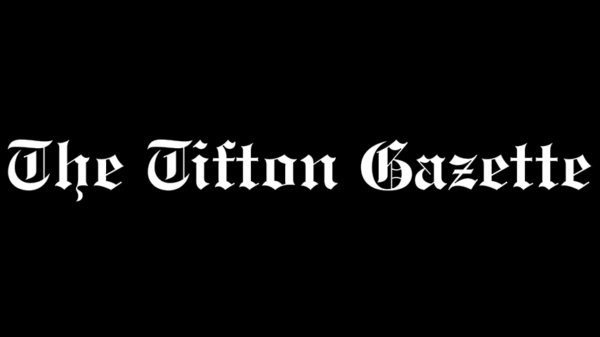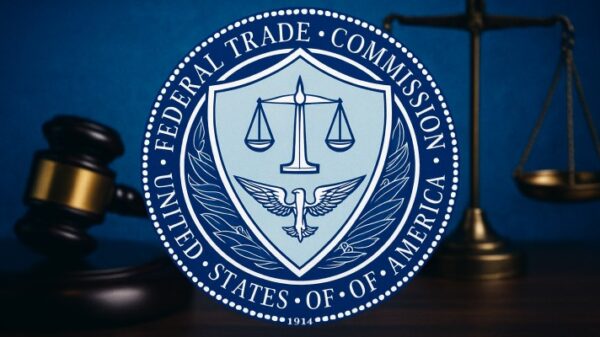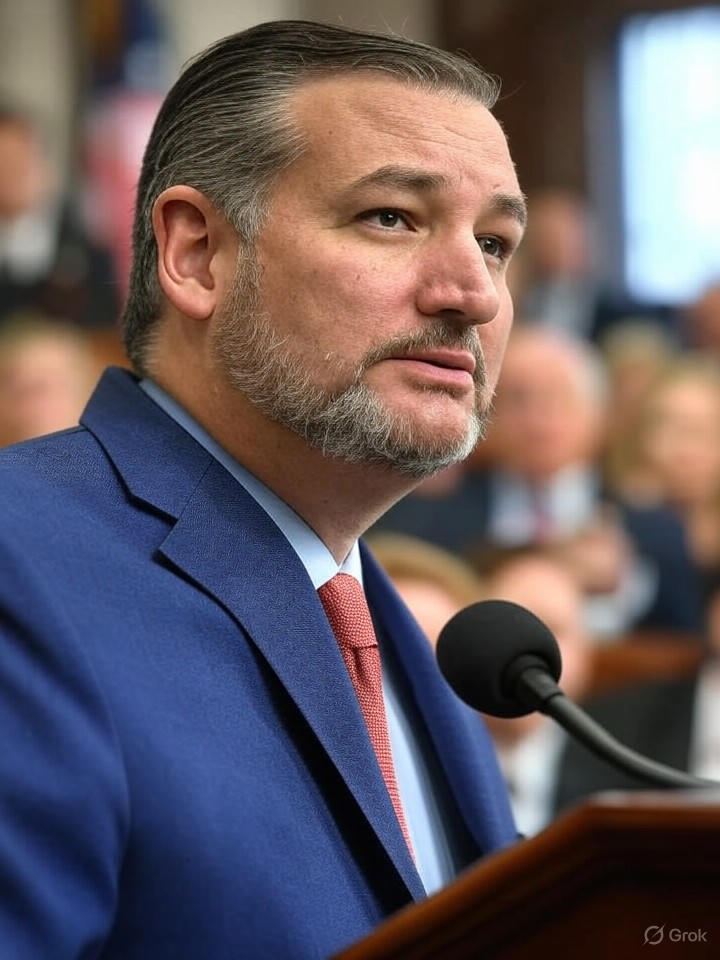UPDATE: In a shocking turn of events, U.S. Senator Ted Cruz has publicly condemned Federal Communications Commission (FCC) Chairman Brendan Carr for his aggressive approach toward comedian Jimmy Kimmel. Speaking on his podcast, Cruz likened Carr’s tactics to those in the mafia film “Goodfellas,” warning that such actions could jeopardize free speech in America.
This criticism comes on the heels of Kimmel’s indefinite suspension from ABC following his controversial remarks about conservative figure Charlie Kirk, which many viewed as inciting violence. Carr, a Trump appointee, has urged Disney and other broadcasters to take action against Kimmel, hinting at potential FCC repercussions if they fail to comply.
Cruz stated, “It might feel good right now to threaten Jimmy Kimmel, but when it’s used to silence every conservative in America, we will regret it.” His comments illuminate serious concerns over government overreach and its implications for free speech, resonating at a time when media censorship is hotly debated.
Cruz’s remarks underscore a growing divide within the Republican Party regarding the use of regulatory power against perceived political enemies. According to CBS News, Cruz has rebuked Carr’s aggressive tactics as an abuse of authority, even while he leads Senate oversight of the FCC.
DEVELOPING: Cruz’s defiance also highlights broader issues surrounding media accountability. FCC Commissioner Anna Gomez expressed her alarm on MSNBC, calling Carr’s threats “unbelievably dangerous” and indicative of a regime that pressures media outlets to silence dissenting voices.
Public sentiment is rapidly evolving, with users on X (formerly Twitter) labeling the move as a fascist overreach linked to broader political agendas like Project 2025, although such claims remain speculative. The fallout from Kimmel’s suspension is raising questions about the limits of comedic expression in an increasingly polarized society.
Cruz, while expressing satisfaction with Kimmel’s removal, cautioned that this precedent could haunt Republicans if the political winds shift. Critics are concerned that allowing government threats against broadcasters sets a “dangerous” example, potentially chilling expression across the spectrum.
Previous actions by Carr have also stirred controversy; he has targeted networks such as CBS for perceived biases. His current involvement against Kimmel highlights the FCC’s contentious role in media oversight, with some insiders suggesting that Carr’s proactive stance is creating a slippery slope for future regulations.
The implications of this situation extend beyond Kimmel and the FCC. Analysts warn that Cruz’s break from party lines could influence upcoming FCC decisions on media mergers and content guidelines. As the situation develops, it continues to test the delicate balance between accountability and censorship in American media.
WHAT’S NEXT: As the controversy unfolds, the Republican Party may face increased scrutiny over its stance on media regulation. The future direction of the FCC is now uncertain, with calls for clearer guidelines around regulatory involvement in content disputes. With Carr defending his actions as necessary for protecting public discourse, critics, including some within his party, argue it veers into authoritarian territory.
This ongoing saga serves as a cautionary tale about how political appointments can exacerbate divisions in media regulation and free speech. As Cruz warns of the potential backlash against conservatives, the fallout from these events could reshape the landscape of media regulation in America.








































































